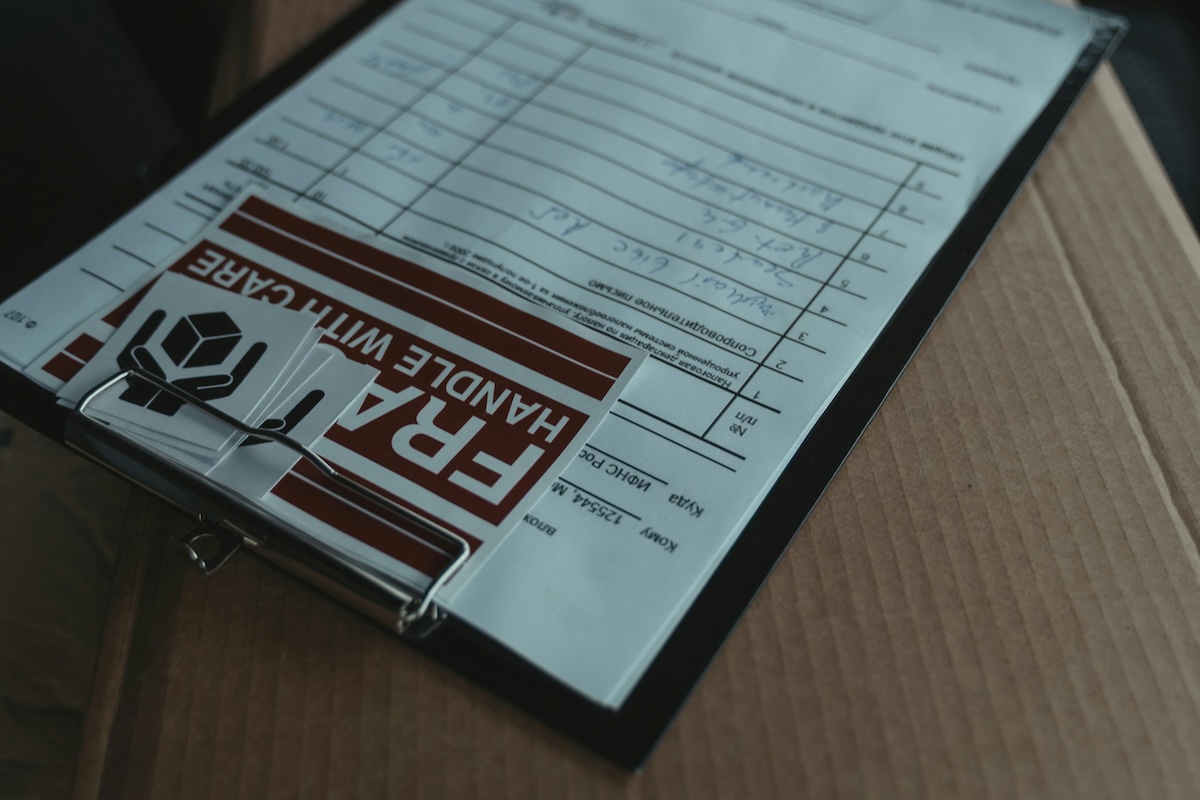Importance of Recordkeeping Under the ITAR and EAR

Article Summary
Proper recordkeeping ensures compliance, prevents penalties, and supports audits under export control regulations.
Penalties include fines up to $1.27 million per violation under ITAR and $364,992 under EAR, along with potential imprisonment.
Risks include export privilege revocation, supply chain disruptions, and reputational damage.
Violations include misclassification, unauthorized exports, and failure to monitor end-use or end-users.
Implement audit-ready systems, train employees, and ensure adherence to retention periods and documentation standards.
CTP offers tailored compliance solutions, including audits, training, and recordkeeping tools to ensure adherence to export regulations.
Non-compliance with ITAR and EAR recordkeeping requirements exposes organizations to severe legal, financial, and operational risks. Both regimes mandate meticulous documentation retention for audits and enforcement, with failures triggering escalating penalties.
Civil and Criminal Penalties
- EAR violations for inadequate recordkeeping may result in civil fines up to $364,992 per violation or twice the transaction value, whichever is greater. Criminal charges for willful non-compliance carry fines up to $1 million per violation and imprisonment up to 20 years for individuals.
- ITAR breaches attract steeper civil penalties, with fines up to $1.27 million per violation (as of 2023) or double the transaction value. Criminal penalties include fines up to $1 million per violation and imprisonment up to 10–20 years for individuals, depending on the violation’s severity.
Administrative Sanctions
- Export privilege revocation: Both regimes may deny or suspend export licenses, crippling international trade operations.
- Debarment: ITAR violators risk being barred from defense-related contracts and activities indefinitely.
- Consent agreements: Organizations may face mandated compliance overhauls, third-party audits, and costly corrective measures.
Operational and Reputational Damage
- Audit failures: Inaccessible or incomplete records during compliance reviews often escalate penalties and scrutiny.
- Loss of partnerships: Defense contractors and government agencies avoid entities with compliance violations due to reputational risks.
- Supply chain disruptions: Export privilege suspensions can halt production lines reliant on global component sourcing.

Case Examples
- Boeing’s $51 million ITAR settlement (2023) included violations linked to recordkeeping lapses and unauthorized data transfers.
- Telecommunications firm penalties (2020) under EAR included $1 million fines for unlicensed exports and deficient documentation.
Mitigation Strategies
Organizations must implement audit-ready systems with searchable, time-stamped records and employee training programs to ensure adherence to retention periods and documentation standards. Proactive compliance reduces exposure to existential penalties under these stringent regimes.
Common Reasons for ITAR and EAR Violations
- Accidental Violations: Failure to properly train employees regarding compliance obligations and safeguards
- Failing to Register: Not registering with the U.S. Department of State when working with military-grade products.
- Unauthorized Exports: Exporting items without the necessary licenses or permits.
- Misclassification of Items: Incorrect export classifications, leading to violations.
- Failure on End-Use Monitoring Requirements: Not confirming the end user and end-use of exported items as required.
Key Takeaway
Recordkeeping failures under ITAR and EAR jeopardize organizational viability through multi-million-dollar fines, imprisonment risks, and operational paralysis. Robust compliance frameworks are essential to navigate these high-stakes requirements.
CTP’s team of export compliance specialists can assist in establishing a reliable recordkeeping system for all your export-related documentation. Need help assessing your existing recordkeeping system? CTP can help assess and remediate your program. Check out our article on Export Compliance Audits and Assessments and contact us today!
Key Points
1. Why is recordkeeping critical under ITAR and EAR?
Recordkeeping is essential for demonstrating compliance with export control regulations, supporting audits, and avoiding penalties. Both ITAR and EAR require meticulous documentation of export activities, including licenses, end-use monitoring, and transaction records. Failure to maintain proper records can lead to severe legal, financial, and operational consequences.
2. What are the penalties for recordkeeping violations under ITAR and EAR?
ITAR penalties:
- Civil fines up to $1.27 million per violation or double the transaction value.
- Criminal penalties include fines up to $1 million per violation and imprisonment for up to 20 years.
EAR penalties:
- Civil fines up to $364,992 per violation or twice the transaction value.
- Criminal penalties include fines up to $1 million per violation and imprisonment for up to 20 years.
3. What operational and reputational risks arise from poor recordkeeping?
- Export privilege revocation: Loss of export licenses can halt international trade operations.
- Debarment: ITAR violations may result in being barred from defense-related contracts.
- Audit failures: Incomplete or inaccessible records during compliance reviews can escalate penalties.
- Reputational damage: Non-compliance can lead to loss of partnerships and trust from government agencies and contractors.
- Supply chain disruptions: Export privilege suspensions can disrupt production reliant on global sourcing.
4. What are common reasons for ITAR and EAR violations?
- Accidental violations: Lack of employee training on compliance obligations.
- Failure to register: Not registering with the U.S. Department of State for ITAR-controlled items.
- Unauthorized exports: Exporting items without the necessary licenses or permits.
- Misclassification: Incorrectly classifying items under ITAR or EAR.
- End-use monitoring failures: Not verifying the end-user or end-use of exported items.
5. How can businesses mitigate recordkeeping risks under ITAR and EAR?
- Implement audit-ready systems: Use searchable, time-stamped records to ensure compliance.
- Employee training: Educate staff on recordkeeping requirements and export control regulations.
- Retention policies: Adhere to mandatory retention periods (typically five years from the last transaction event).
- Proactive compliance: Regularly audit records and processes to identify and address gaps.
How can CTP Compliance assist with ITAR and EAR recordkeeping?
CTP offers tailored solutions to help businesses navigate ITAR and EAR requirements, including:
- Audits: Comprehensive reviews of corporate or departmental compliance.
- Training: Web-based or live training to educate employees on recordkeeping and export regulations.
- Customizable tools: Manuals, training modules, and audit tools designed to promote compliance.
CTP’s expertise ensures businesses can maintain proper records, avoid penalties, and operate confidently within export control regulations.
For more information, contact Rick Phipps at rphipps@ctp-inc.com or (703) 683-5806.










